United States: Land of the Free? (Editorial)
The United States is home to the world’s largest prison population of 2.2 million inmates.
The United States, the land of the free, is home to the world’s largest prison population of roughly 2.2 million, according to the U.S. Bureau of Justice. This situation needs to change.
Although crime rates have declined across the nation, prison populations have skyrocketed.
For example, from 1980 to 2013, the amount of prisoners incarcerated in state prisons and jails has increased around 1000%.
While some are quick to judge this as a demonstration of the justice system punishing criminals, Sentencingproject.org has found, “Most of these people are not high-level actors in the drug trade, and most have no prior criminal record for a violent offense.”
America’s crackdown on drug offenses, called the War on Drugs, has cost about $1 trillion since its beginning in 1971, said Whitehouse.gov. That’s enough money to build more than 10,000 Beaver Stadiums.
However, there is growing hope for reform. The Obama administration announced earlier this month that 6,000 federal inmates, a majority of which being nonviolent drug offenders, will be pardoned.
But how did the prison population become so inflated?
In 1986, the Reagan administration launched a new initiative against drugs that resulted in ‘Minimal Sentencing’ laws.
Basically, someone who violates the drug laws, no matter how nonviolent, will serve a minimum sentence in prison for the offense. At the time, this idea was viewed as a brilliant weapon to deter drug crime. Unfortunately, it resulted in the prison population increasing drastically and did not combat the drug problem.
Today, millions of families are affected by these laws. This also means millions of high school students, including those at CHS, struggle with family members in prison for nonviolent offenses and may even become victims of these policies later on in life.
A person caught with as little as 5 grams of a particular drug may find themselves with a jail sentences longer or equal to convicted rapists.
It’s time to reevaluate the situation.
Disclaimer: Articles designated as “Editorial” represent the views and opinions of the author, not the 2015-2016 Periscope staff, CHS Administration, or the CHS student body.
Want to help the Herd? Please consider supporting the Periscope program. Your donation will support the student journalists of CHS and allow us to purchase equipment, send students to workshops/camps, and cover our annual website hosting costs.

This is Scott Bowser, Periscope's News Section Editor. He's a junior that enjoys Netflix, tennis, and hanging out with friends. #ChipotleisLife



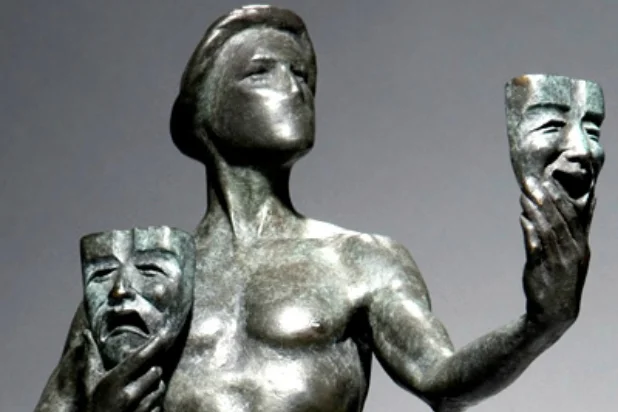
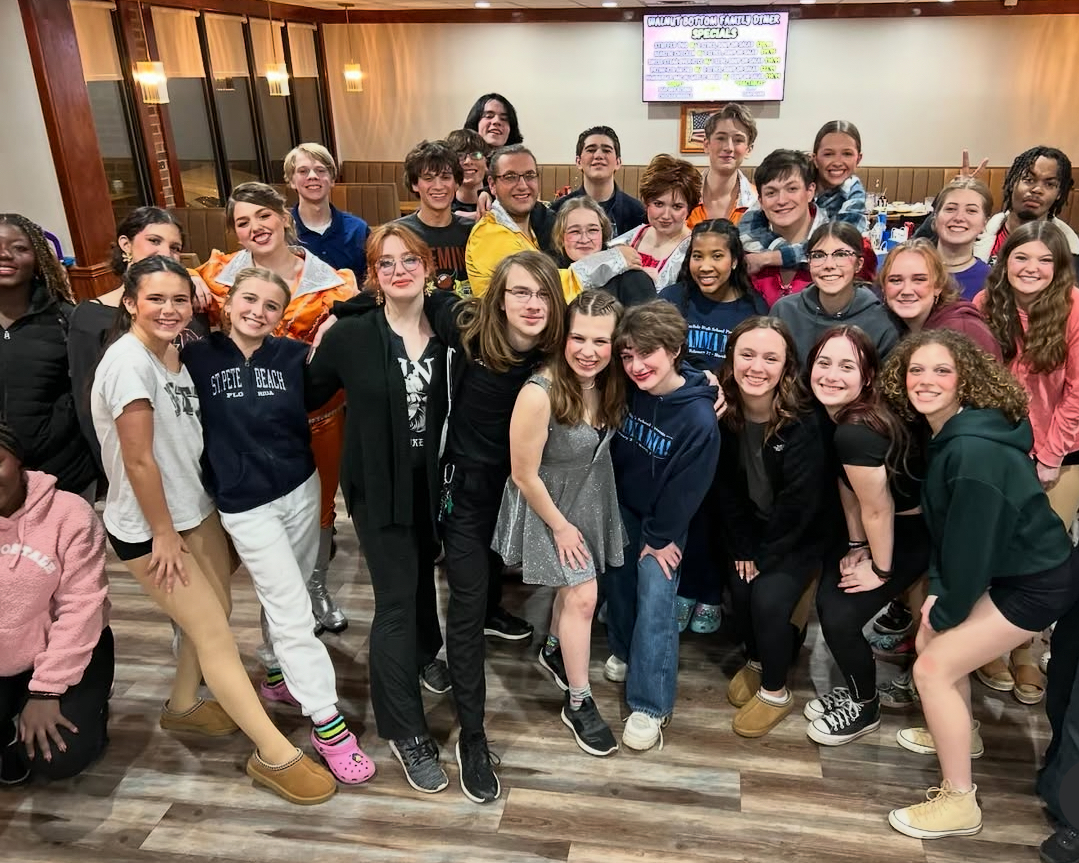

















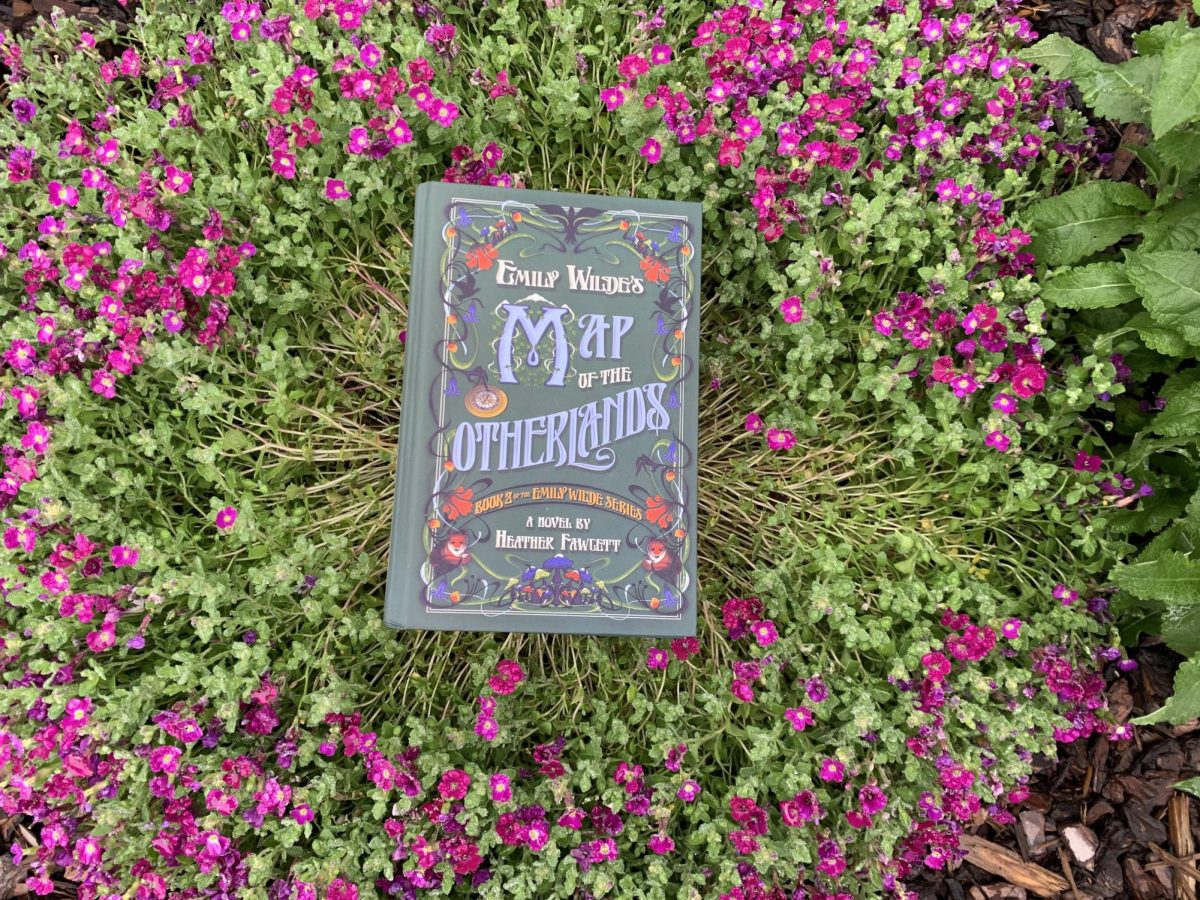











































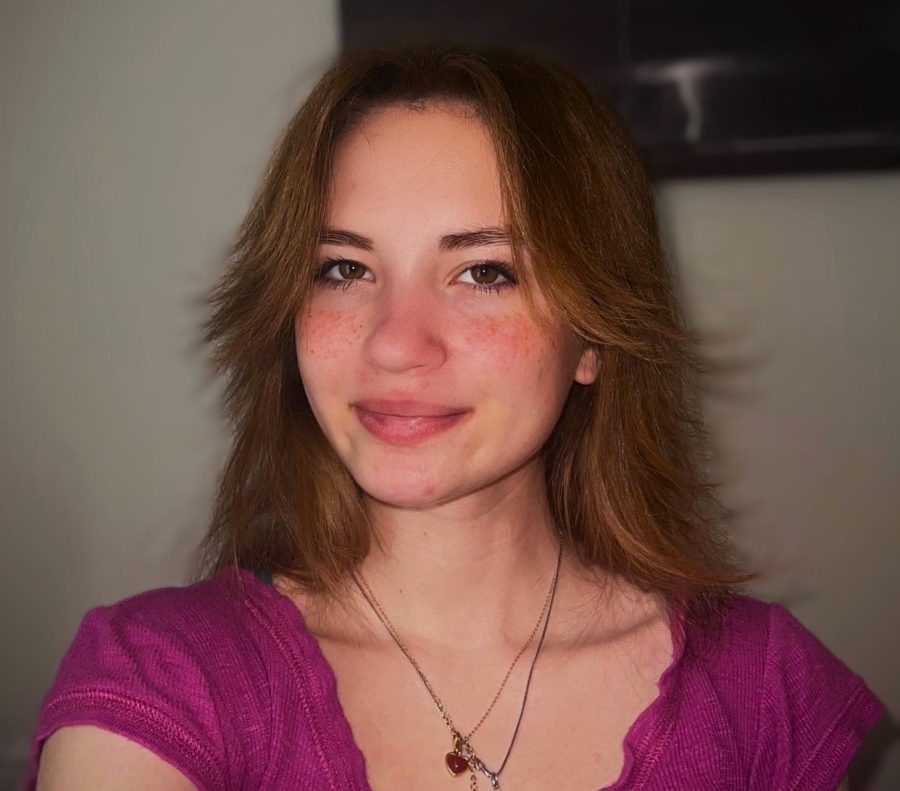




























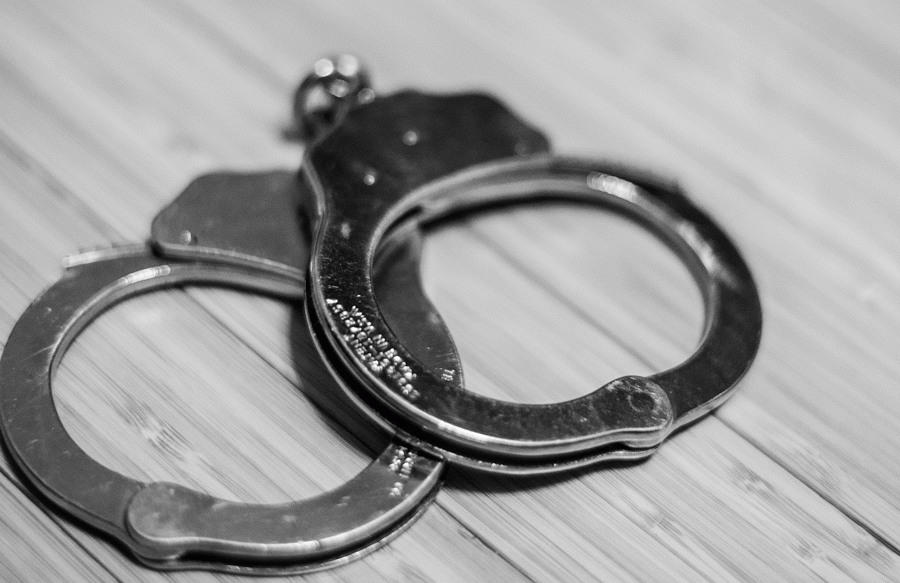
Sarah Frick • Dec 27, 2015 at 3:14 pm
I agree with the point that people who did not ever harm someone should not serve as long a sentence as someone who is being imprisoned for a violent act. As far as the people who are abusing the drug laws in a nonviolent manner, a greater focus should be put on rehab and surveillance than immediately imprisoning them.
Mary Smith • Oct 26, 2015 at 1:56 pm
I was talking about the prison system in my Philosophy class, and we also talked about the fact that Black Americans are imprisoned six times more than White. If the prison systems is being reformed, they should look at how unfair the arresting is.
Christopher Pratt • Oct 26, 2015 at 11:34 am
I do not understand how a person who committed a non-violent offense can get a longer sentence than someone convicted of harming another human being. That in and of itself should be a tell-tale sign that there is something seriously wrong with the judicial system in our country. Not to mention, those with lower levels of education and in racial minorities are subject to harsher penalties because of the bias of the system.
Jackson Hoch • Oct 26, 2015 at 11:24 am
The issue of overcrowded prisons was a point that was brought up during the Republican and Democratic debates. It’s frightening to think how much the United States is spending on keeping inmates incased in prisons, and often for small and not necessary dangerous crimes. It’s also scary to think that are prisons are some of the most overcrowded in the world and crime isn’t seeming to ceasing.
Gabriela Menendez • Oct 23, 2015 at 6:12 pm
I think the amount of inmates is not only due to low level drug crimes (most likely referring to marijuana), but has to do with the imprisonment of those with debt, who are many times, those in poverty. The justice system takes people unable to pay for tickets and other debts away from their lives and puts them in jail for their inability to pay. How ironic! The government takes person away from their only way to make money, their job, and puts them in jail to ask them where the money is. This system of throwing people with offenses such as these might have worked in the 1800’s, but creates an unending cycle of poverty for victims of this treatment today. Such non-offenders should not be occupying space in prison.